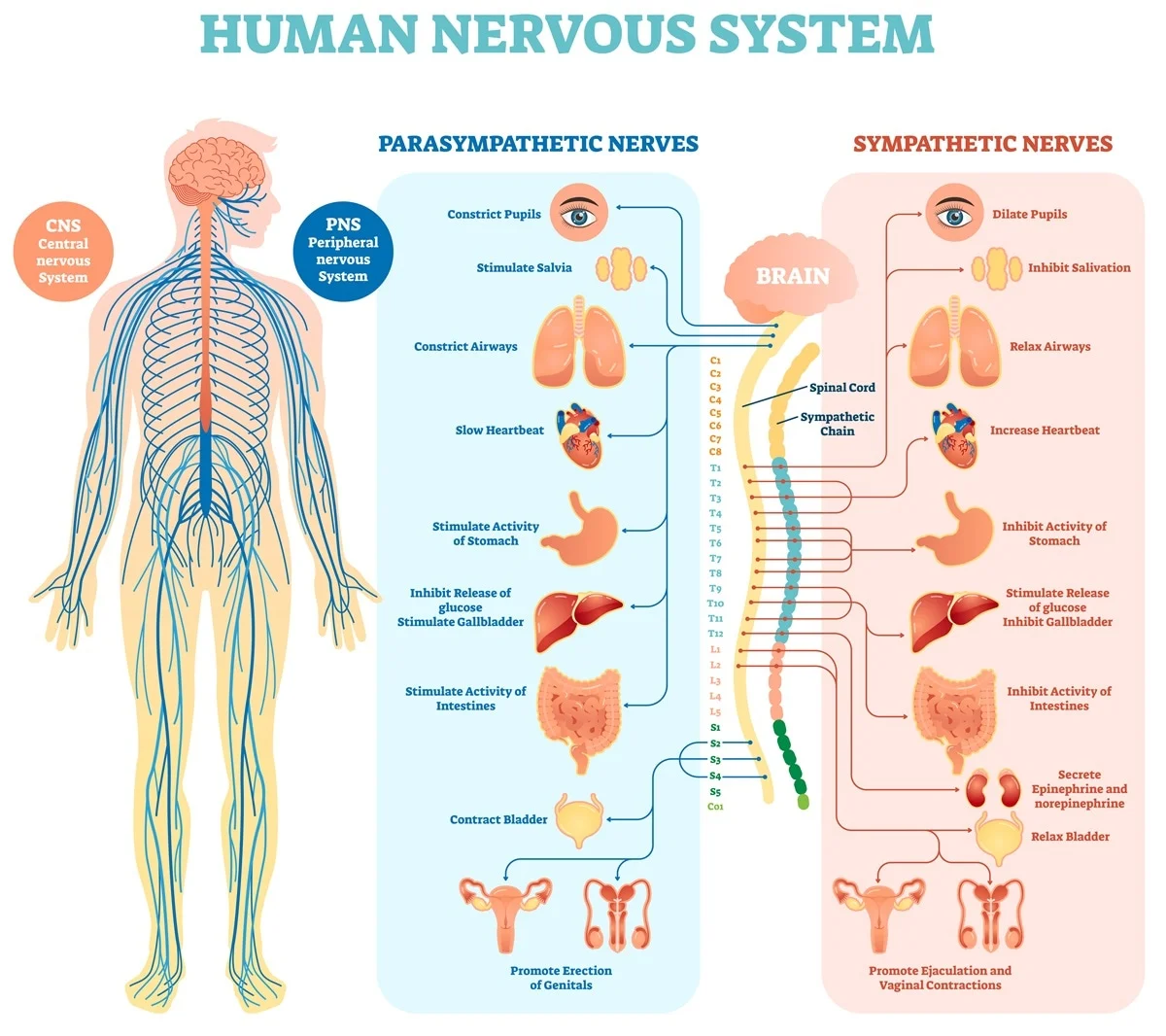History/Geography Week 6
Read/Study:
Read chapters 41 and 42 from Story of the World volume 4.
Learn which country this flag belongs to:

Be prepared to answer review questions and earn Vanguard cash!
Geography:
We have gone over all the regions of the United States! For our final history class present on any state you'd like -- pick a new state that we haven't learned about yet! You will give your presentation over Zoom on Thursday :)
Choose any state to learn about in more detail and present to us. You can work on the same state as your siblings, or you can choose different states. You will have 1-2 minutes to tell us all about your state. You can present it like a report, or do a slideshow, or make a poster, or draw pictures, or do anything you like to make it how you like it.
You could include things like:
The state capital
Picture of the flag
Statehood (when they became a state, and what number are they?)
The state motto
The state nickname
An interesting fact
A famous landmark
What is the climate
What kind of weather do they have?
What do they grow?
Show us where it is on a map
Someone famous that lived there or still lives there.
If you want to do a little more, you can bring something to share like a food from that state, or some display items if you know someone that has been there or something the state is known for doing like making clothes or plastic or anything else you can think of.
You will earn Vanguard money for being prepared!








